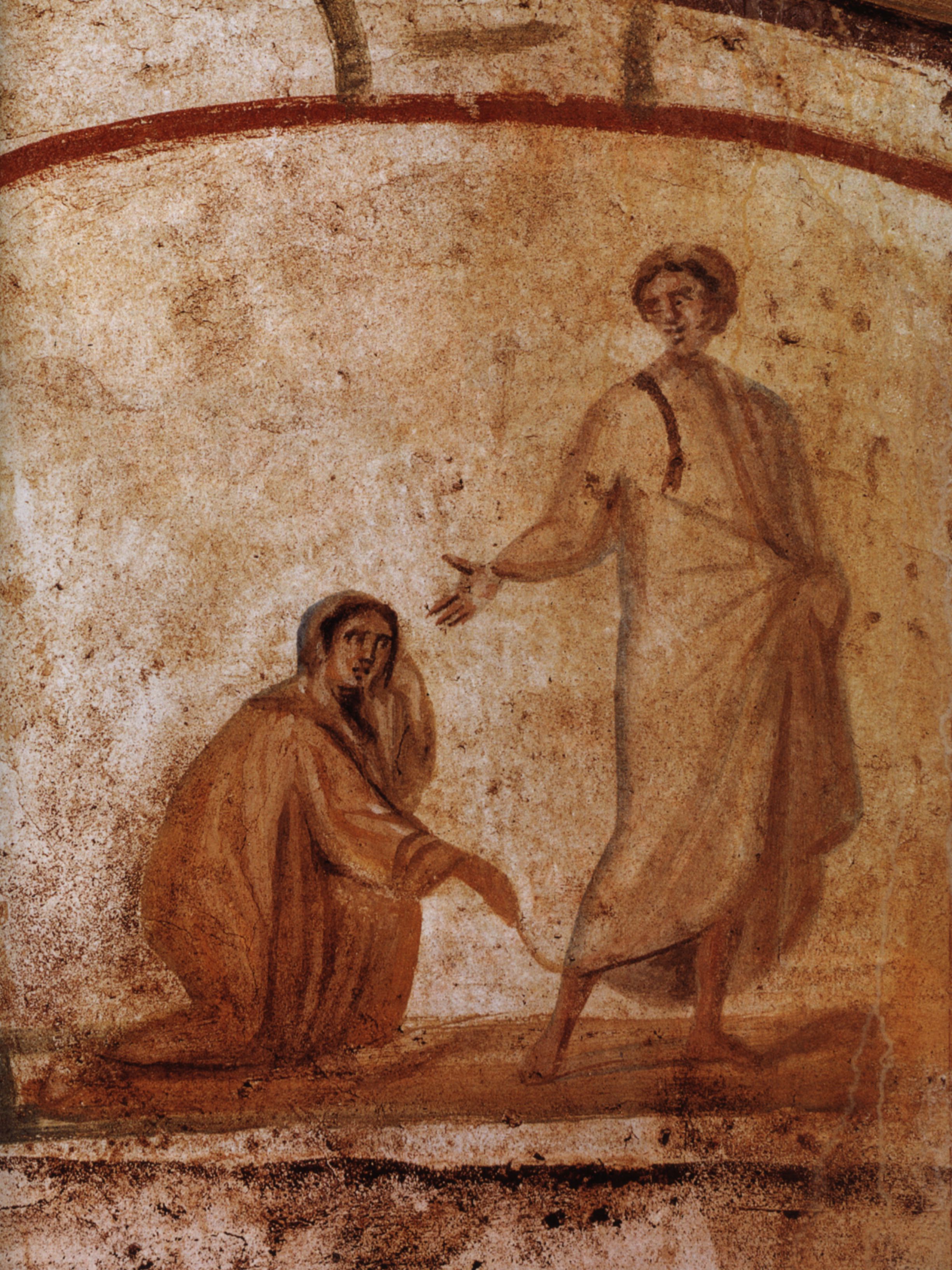Not prescribing contraceptives
 |
| Credit: euthman |
Opposing abortion
There are a lot of people personally affected by abortion, and I don't know where you stand. I can't pretend I understand any particular person's story but I can at least speak to the science that I tried to delve into. There is enough cell biology to make me think human organisms form at sperm-egg fusion, but that's the easy part. If we think there's an organism with human DNA formed at fertilization, the hard question is, when do we protect it like we protect the mom? When we're potentially talking about--ending of millions of protectable human life--I say we should be cautious.
There are a lot of people personally affected by abortion, and I don't know where you stand. I can't pretend I understand any particular person's story but I can at least speak to the science that I tried to delve into. There is enough cell biology to make me think human organisms form at sperm-egg fusion, but that's the easy part. If we think there's an organism with human DNA formed at fertilization, the hard question is, when do we protect it like we protect the mom? When we're potentially talking about--ending of millions of protectable human life--I say we should be cautious.
Offering NFP
I really think women should learn about all their options, and the quality of the evidence that supports each of them. There are fabulous numbers attached to several fertility awareness-based methods, but we need to acknowledge that these studies haven't passed through the rigors of statistical significance, peer review, and FDA approval.
I believe there is a truth, something objective that exists and that is right and wrong. If you think that, you realize that truth has staying power, which is why fads and memes slip away so fast. One of the things with the greatest staying power is a two thousand year old story of a man who reportedly rose from the dead to save sinners. I'm a sinner, and I thought that staying power was something worth looking into. The rest can't fit into an elevator speech.
Being a Catholic
History leads to Catholicism. You can tell that men writing in the early decades and centuries A.D. were very identifiably Catholic. The reason why I'm Catholic isn't because I love the customs, the people in the hierarchy, or the feelings I get. It's because I love Christ and I see that this is the Church He founded.
Being a consecrated virgin
The Jewish idea of the people of God as the bride of God really flowered within the Catholic faith, and in the early centuries there were women married permanently to God. That rite is used today, and it's a beautiful life.
This post was a draft for a long time, because it takes me a lot of introspection and lived experience to encapsulate things that are this controversial and this important to me. Hope this is helpful!
The Jewish idea of the people of God as the bride of God really flowered within the Catholic faith, and in the early centuries there were women married permanently to God. That rite is used today, and it's a beautiful life.
This post was a draft for a long time, because it takes me a lot of introspection and lived experience to encapsulate things that are this controversial and this important to me. Hope this is helpful!

